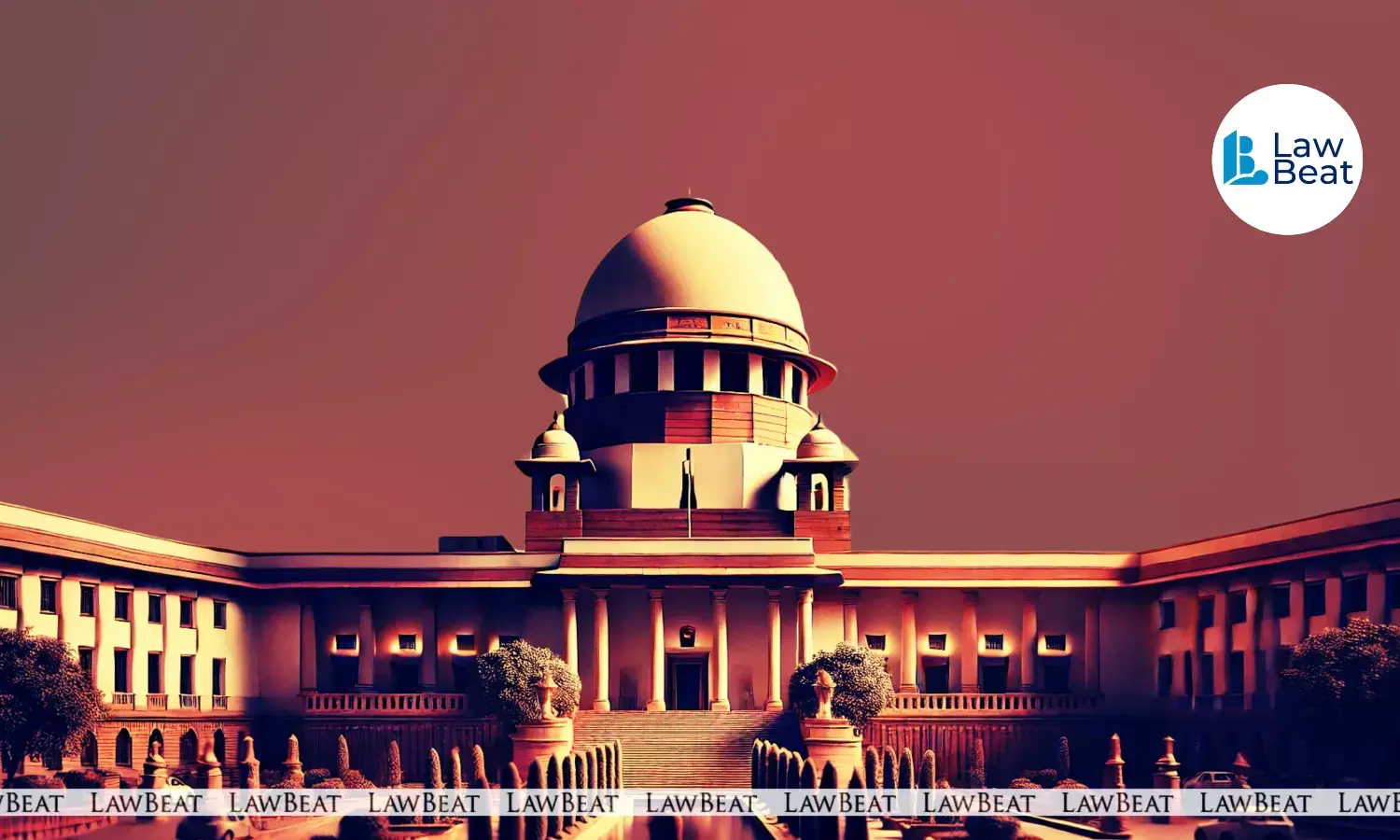SC Reinstates Assam Lecturer Terminated After 18 Years, Slams Misuse of Age Rules

The Supreme Court reinstates lecturer, citing illegal application of overage rules
The Supreme Court recently provided relief to Jyotsna Devi, a woman who had been removed from her post as a Lecturer in History at an aided college in Assam after 18 years of continuous service. Her appointment was discontinued after it was challenged on the ground that she was overage, even though she had topped the merit list.
A bench of Justices Ahsanuddin Amanullah and S V N Bhatti noted that the advertisement for the post clearly indicated the selection process was initiated under the Assam Government Aided Junior College Management Rules, 2001. However, the appellant was later terminated by applying the 2003 Rules concerning the age criterion.
Court found that the appellant, Jyotsna Devi, stood at serial number one in the merit list. It also noted that the governing body had resolved to approve and appoint the appellant. Furthermore, the government, referring to the extant Rules, had condoned the overage for applying to an aided post in an aided institution.
The bench held, "In the absence of the advertisement or the spelling out of applicable Rules, applying Rule 19(iv) of the 2003 Rules, to set aside the approval and appointment of the appellant, in the circumstances of this case, is illegal".
Consequently, the Supreme Court set aside the orders passed by the Gauhati High Court on February 24, 2012, on a writ appeal, and May 24, 2023, on a review plea. The court expressed agreement with the view of the Single Judge, who had initially rejected a challenge to her appointment.
The matter arose from the selection process in which the appellant and respondent No. 5 participated. By a resolution dated July 24, 2006, the Governing Body of the College, having noted the appellant's relatively better merit and suitability, resolved to select her for the post of Lecturer in History. The selection process was set in motion by referring to the 2001 Rules. The advertisement did not stipulate an upper or lower age limit as a qualification or disqualification. Upon a request by the College, the state government condoned the appellant's alleged overage of 2 years 7 months. On March 22, 2007, the appellant’s appointment as a Lecturer was approved. She subsequently rendered 18 years of continuous service as a Lecturer in History at the College.
Respondent No. 5 filed a writ petition, contending that the appellant was aged 39 years at the time of the advertisement or appointment. While the advertisement referred to the 2001 Rules, the petition argued that under the Assam Secondary Education (Provincialisation) Service Rules, 2003, the prescribed age limit for a candidate being recruited is between 31 to 36 years. It was contended that the order condoning the over-age was illegal and contrary to the 2003 Rules.
The Single Judge dismissed the writ petition on March 30, 2010. The authorities had stated that the advertisement was issued referring to the 2001 Rules and that there is a difference between an appointment in an aided institution and in a Government College. Respondent No. 5 filed a writ appeal, which the division bench allowed by an order on February 24, 2012. The appellant challenged this order in a special leave petition, which was dismissed on August 28, 2017, but with liberty granted to her to file a review petition. The review was later dismissed, relying on Rule 19 (iv) of the 2003 Rules.
The appellant's counsel argued that the impugned orders were entirely silent on the applicability of the Rule to a selection by an aided institution. He submitted that applying the 2001 Rules to the selection would be proper and legal, asserting that she participated under the 2001 Rules, was the meritorious candidate, and the cautionary step of seeking condonation should not prejudice her. He further contended that since respondent No. 5 was subsequently accommodated as a Lecturer, the continuation of the appellant in the post she was already working in was neither illegal nor arbitrary. The counsel argued that applying Rules made under Article 309 of the Constitution of India to an aided post, in the absence of applicable Rules, amounted to an illegal exercise of jurisdiction by the high court.
The state counsel did not dispute that respondent No. 5 was working as a Lecturer and was continuing as on date, nor did he dispute the subsequent provincialisation of the College which followed the advertisement issued for an aided post in the institution. He submitted that the appellant had rendered service for a considerable time and that her appointment may be confirmed without laying down a general principle on the method and mode of recruitment in aided colleges.
Restoring the appointment of the appellant, court ordered that the services of respondent No. 5, who was admittedly working as a Lecturer under the administrative control of the state authorities, would not be interfered with, notwithstanding the view taken in this order.
Court directed the reinstatement of the appellant within four weeks, clarifying that the period between the date of termination and reinstatement would not be treated as a break in service. "The appellant shall be given continuity of services for all purposes, without any back wages," the bench clarified.
Case Title: Jyotsna Devi Vs The State of Assam & Ors
Judgment Date: September 25, 2025
Bench: Justices Ahsanuddin Amanullah and S V N Bhatti
